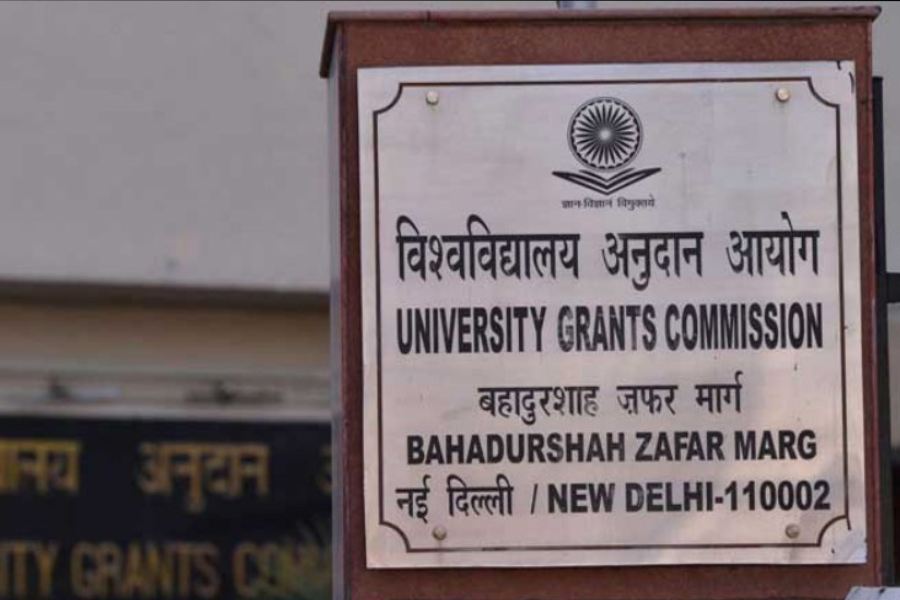The latest regulations of the University Grants Commission have not gone down well with academics. According to these, an assistant professor of a subject could be recruited from those who need not have studied the subject for their degree courses but had conducted research or passed the National Eligibility Test in it. The UGC made compliance mandatory. Support for the irate academics has come from an unexpected source. The Economic Survey of 2024-25 has said that the UGC’s insistence on compliance should not apply to institutions which stand by their hard-won reputations. These should be allowed to advance on their own path of excellence according to their areas of focus and domain expertise. There was no greater accountability than the market demand of students, aspiring teachers and collaborating institutions. It was best to accept diversity and trust students and teachers to come up with frameworks that were novel, creative and socially relevant. This implied that higher education institutions deserve autonomy; the Economic Survey said that they needed to fulfil the minimum accreditation requirements only. Compliance with the rest of UGC regulations would be voluntary, although they would have to make that clear with a non-compliance certificate since compliance may be regarded as a mark of credibility.
The Economic Survey’s argument suggests a more flexible regime than that desired by the UGC. This is a like a breath of fresh air in India’s academic world which is becoming progressively restricted in its functioning and thus barred from producing curious and free-minded researchers. The Economic Survey speaks of ‘quality’ institutions that have achieved their status with years of experience in their areas of focus. But all HEIs would benefit by flexibility: compliance with the UGC regulations should be voluntary, given that the minimum accreditation requirements are met. The UGC regulation that allows eminent persons from industry or public service to be appointed vice-chancellors in place of a leading academic with leadership qualities and vision also needs review. There is a fear that this is another push towards the commercialisation of education. All HEIs should have the space to be able to choose what they consider the best for their institution. The Economic Survey’s vision is more attuned to the needs of academic functioning than, it seems, the UGC’s. Compliance with levelling regulations is not conducive to excellence.










